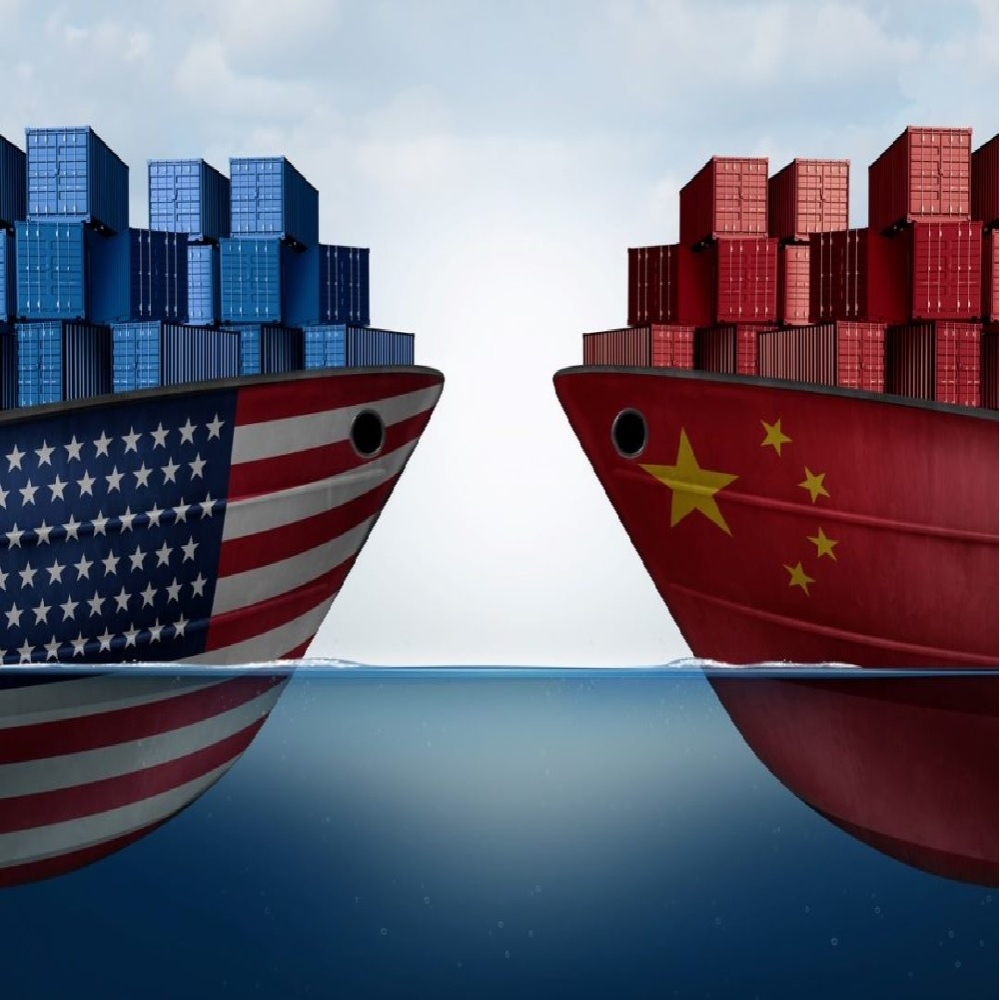Businesses are finding it more challenging to lessen their reliance on Chinese imports as the US-China tariff battle heats up.
To support American manufacturing, US President Joe Biden announced in May a 100% border tax on electric vehicles manufactured in China. Additional tariff increases applied to semiconductors, solar panels, lithium batteries, and other products.
While "the latest tariffs are relatively targeted" and won't "have a huge impact on transportation prices and timing" in the global supply chain overall, according to Sara Hsu, associate professor of supply chain management at the University of Tennessee, "customers will face higher prices in the marketplace" if companies in the targeted industries are unable to bear the increased tariffs.
At the moment, the US only receives 1.1% of Chinese EV exports. Nonetheless, according to S&P Global, imports of solar panels increased by 82% to 54 GW in 2023. Furthermore, a large portion of such operations were supported by Chinese corporations, despite the fact that the majority originated from South-east Asian nations like Malaysia, Thailand, and Cambodia.
Since China is not a major supplier of electric vehicles to the US, the tariffs in that sector are more preventive. However, tariffs on solar cells will raise costs in a sector of the economy that is seeing a surge in domestic demand. Thus, although certain tariffs will have an effect, others won't, she clarified.
Donald Trump has promised to put tariffs of 60% or more on all Chinese goods if elected in November, so the new EV levies might just be the beginning. This comes amid reports that the EU is now imposing additional tariffs of up to 37.6% on Chinese electric vehicles.
Additionally, according to Alex Zhong, general manager of a forwarder with headquarters in Shenzhen, the increased tariffs are "creating tension in the sea freight industry."
Due to the fact that numerous nations are always changing their tariffs on Chinese goods, everyone is vying for cargo space. Customers want to ensure that their purchases arrive prior to the imposition of current or new tariffs.
According to Kyle Handley, an associate professor of economics at the University of California, US businesses are looking to "move supply chains away from China and toward other source countries for 'tariffed' products" as a result of the tariff war.
"Any nation that can provide commodities to items subject to high Chinese tariffs in a sufficient quantity and quality stands to benefit. Supply chains have already started to reroute outside of China in reaction to the [prior] Trump tariffs.
Chinese suppliers have established production centers in other low-cost Asian nations in order to satisfy the new, changing demand. But there are two main obstacles to overcome in the endeavor to create a risk-free supply chain. First, the price of shifting production lines and the limited availability of raw resources. For several important products, such as "rare earth components," "there is currently no other supplier that even comes close to Chinese market share," therefore the pricing of alternatives can be unaffordable for smaller enterprises.
"These costs may be high enough for the smaller factories and vendors that depend on suppliers for essential inputs to shut down or significantly reduce operations," the speaker stated.
Given the high level of uncertainty surrounding future trade policies, the stability and security of the new supply chain provide a significant challenge for both customers and suppliers.
One possible drawback is that a large number of the recipient nations depend on Chinese FDI, or Chinese components, to manufacture 'friend-shored' goods for US markets. Some of the new "friend-shoring" nations may turn into enemies if Washington views their apparent or actual reliance on China negatively, he clarified.
As the majority of the time, the global economic impact will happen "through the foregone investments in new opportunities - i.e., through all the new products and ideas that are no longer economical under a high-tariff regime," Prof. Handley emphasized that the impact may not be entirely palpable or evident at this time.

Categories

Magazine Editions



















